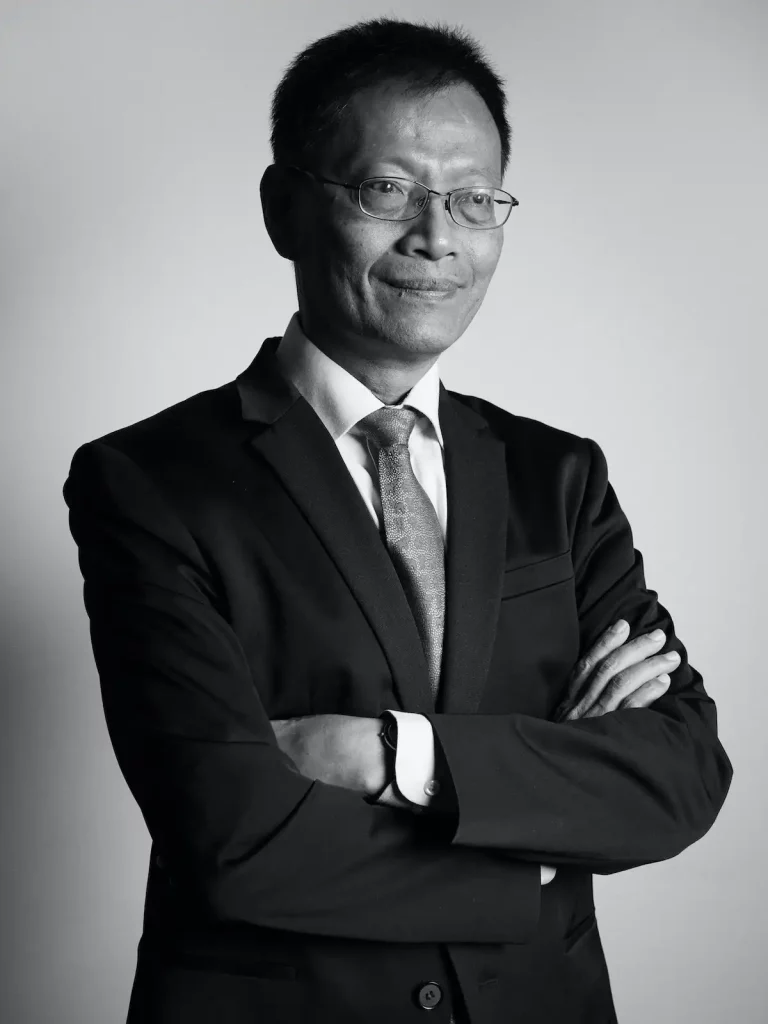The proposal by the Philippines to reduce the amount of tax applied to winning casino patrons and lottery winners could have the contrary effect of that purported by the government – of improving the situation for low-income citizens. IGamiX Managing Partner Ben Lee points out in this week’s Under the Scope that the move would most likely benefit operators, rather than punters.

“Why should they even tax winnings? If the idea is to benefit economically those disadvantaged betters, don’t tax it or better still, discourage gambling,” points out Lee.
The Philippines Charity Sweepstakes Office (PCSO) has proposed to slash the current tax on winners from 20 percent to 10 percent, as well as reduce its documentary stamp tax contributions to 10 percent (from 20 percent).
In a hearing on the issue, a PCSO representative justified the moves as helping financially disadvantaged punters. But previous attempts to up ticket prices resulted in a drop in lottery ticket sales, as the cost was passed on to betters. This move was abandoned to encourage more ticket sales.
“Lotteries are seen by many as a regressive form of tax on the poor. It is mainly the poor who buy lottery tickets as a hope towards improving their personal situation. They’re all hoping for the big win,” points out the expert.
“If they discount the withholding tax (on winnings), It’s going to allow the PCSO to improve their margins,” notes Lee. “It’s still robbing the poor to give to the rich”.
Casino earnings
Regarding casino winnings, a representative from the Philippine Amusement and Gaming Corporation (PAGCOR) – the nation’s gaming regulator – cited in the hearing the examples of Macau and Singapore, which do not impose a tax on winnings as they are unexpected income sources.
On one hand, notes Lee, eliminating the tax on winnings entirely is rational, as there are no tax rebates for money lost at the gaming table (or slots – played more by lower-income punters).
“The counterpoint is that the big jackpots are what attract the players. The operator can, if they have the winning taxes reduced, reduce their return to players, and pocket the premium. They no longer need to fund those big jackpots to attract the headlines because they can now boast a higher net”.
implying that the reduction in tax for punters will actually help the poor is “egregious”.
Ben Lee
Neither Macau nor the Philippines requires punters to pay an entry fee for casinos, whereas Singapore does. The Philippines had previous applied an entry fee for locals, which was later scaled back and eliminated altogether. But this preventative measure could do much more for helping low-income earners than by improving ease of access to gambling formats.
“If you look at where PAGCOR’s casinos are located, they’re all located in domestic markets, aimed at the bottom end of the market,” points out Lee. But PAGCOR casinos aren’t the only concern.
“Closing your slot parlors, your PIGOs (Philippine Inland Gaming Operators) and all of those other forms of gaming activity that have proliferated under PAGCOR in the last decades would do more to help the poor”.
In addition, “if they’re worried about giving more back to the poor, perhaps they should rein back some of the recent expansion of domestic gambling like PIGO, E-bingo and poker. Or they could impose an entry levy, like they’ve done in Singapore, South Korea, Vietnam, and what they’re proposing to do in Japan,” points out Lee. But a possible levy on local play would highly impact PAGCOR directly, leading to a drop in visitation – and a potential reduction in the asking price for its self-owned casinos that it claims it wants to privatize.
Desire vs. outcome
At the same time as authorities move to reduce the taxation on winners, it’s also aiming to slash the tax requirements for online gaming operators, aiming to reduce its own share of the pie, even as PAGCOR itself aims to open its online Casino Filipino arm.
“The proposal to reduce the taxation rate on gross winnings, that’s probably the same thing but from a different angle. That gives operators more margin, encourages more competition and in a domestic market, even more capacity to increase gambling and access to it.
Speaking of this increased competition in the market, Joe Pisano, CEO of Jade Entertainment and Gaming previously told AGB that it was not actually beneficial to the operators, but that it would encourage better products and services within the area – benefitting punters.
And better products and services should be what PAGCOR is looking to provide – not just for the market but also for itself, notes Lee, noting “I see the chances of a privatization of PAGCOR casinos as being pretty low”.
The proposal for privatization has been on the table for over a decade, despite PAGCOR Chairman and CEO Alejandro H. Tengco last March at the ASEAN Gaming Summit revealing to AGB that it was going to be primary focus of his tenure.
A major roadblock for the sale is the question of what would happen to PAGCOR casino employees.
“They would have to either impose constraints on the ability of the private operator to terminate PAGCOR staff, which could make it unattractive for private operators to take over. Or, PAGCOR would need to offer redundancy packages, which would basically eat into any proceeds that they hope to make on the sale”. More importantly, PAGCOR reports directly to the President’s Office, and the ability to control its sizeable cash generation has always been a powerful tool for any incumbent or aspiring office holders.
According to previous data during the pandemic, PAGCOR employed over 12,000 employees. The operator/regulator says its currently upgrading its facilities to improve the asking price and attractiveness for operations it puts up for sale.











